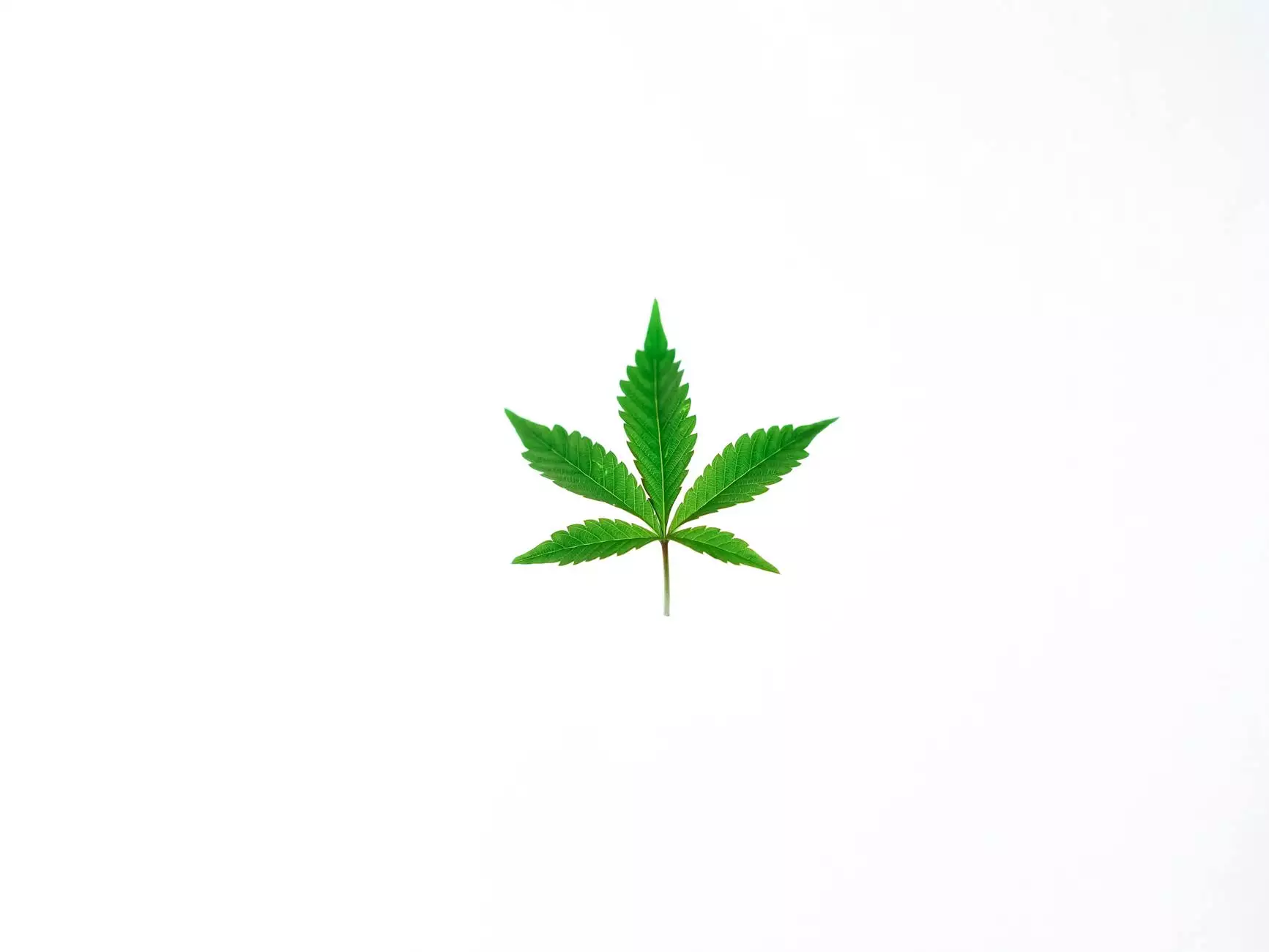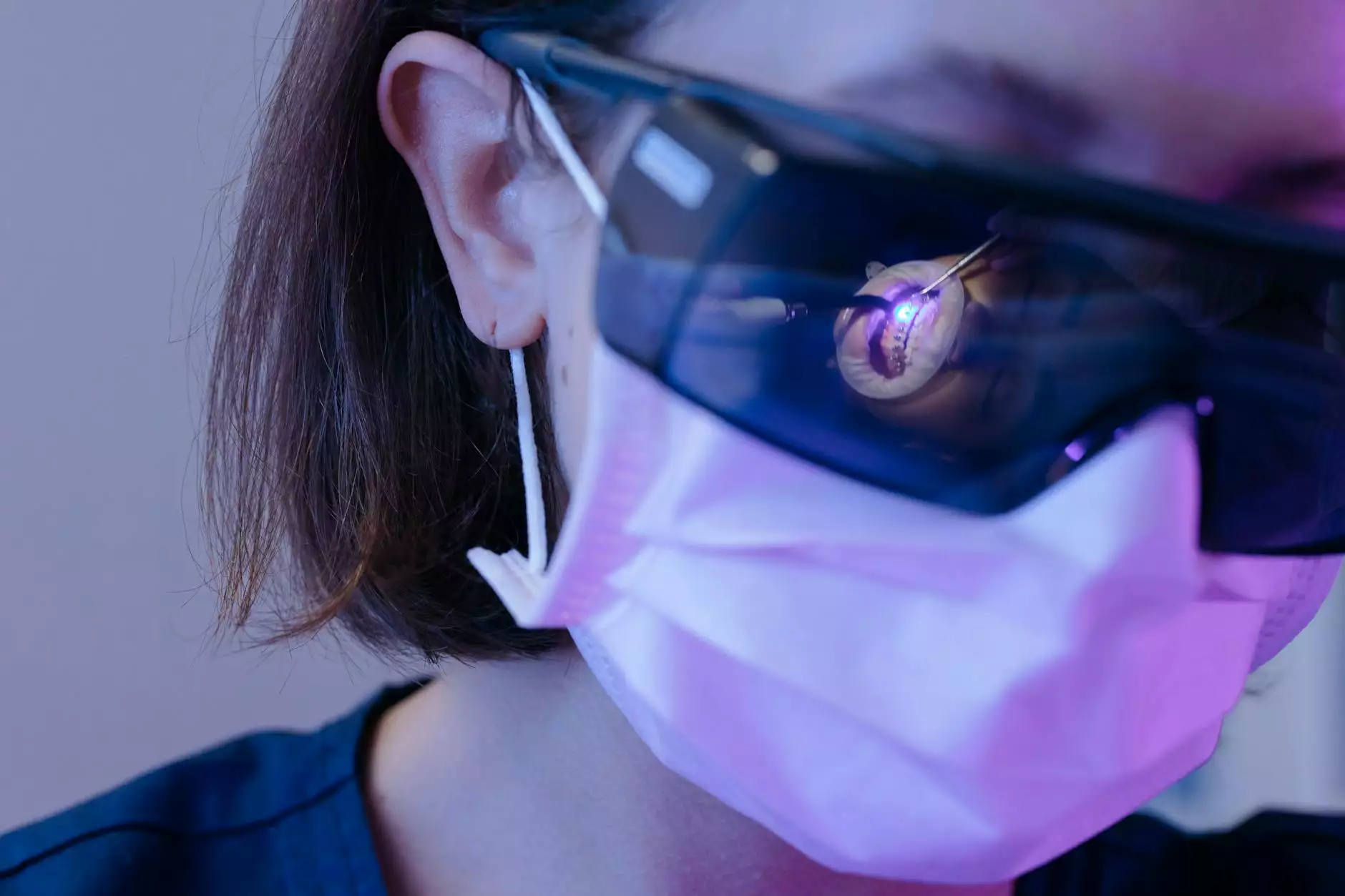Understanding THCA Flowers: A Comprehensive Overview

THCA flowers are rapidly gaining popularity among cannabis enthusiasts, medicinal users, and industry professionals alike. As the cannabis industry continues to evolve, understanding the benefits and applications of THCA is crucial for both consumers and suppliers. This article will dive deep into the world of THCA, exploring its properties, potential benefits, uses, and how it fits within the larger cannabis collective.
What is THCA?
Tetrahydrocannabinolic acid (THCA) is the acidic precursor to THC, the psychoactive component most commonly associated with cannabis. Unlike THC, THCA is non-psychoactive in its raw form, meaning that consumers who use THCA flowers typically do not experience the intoxicating effects that come from THC. This makes THCA particularly attractive to those seeking the medicinal properties of cannabis without the "high".
How are THCA Flowers Different from THC Flowers?
The difference between THCA and THC is primarily based on the chemical structure and their respective effects on the human body. Let’s explore some key differences:
- Chemical Composition: THCA is found in the raw cannabis plant, while THC is produced when THCA undergoes decarboxylation, usually through heating. This process often happens during smoking or vaporizing.
- Psychoactivity: As previously mentioned, THCA does not produce psychoactive effects, making it suitable for those who want to enjoy the benefits of cannabis without altering their consciousness.
- Potential Benefits: Preliminary studies suggest that THCA flowers might offer various health benefits, including neuroprotective effects, anti-inflammatory properties, and nausea suppression.
The Medicinal Benefits of THCA Flowers
Research into the medicinal properties of cannabinoids has exploded in recent years. While further studies are still needed, early research highlights several potential benefits of THCA:
1. Anti-Inflammatory Properties
THCA has shown promise in reducing inflammation, which can be beneficial for conditions such as arthritis, autoimmune diseases, and chronic pain disorders. Through its interaction with the body’s endocannabinoid system, THCA may help regulate inflammatory responses.
2. Neuroprotective Properties
Studies suggest that THCA may possess neuroprotective qualities, which can be advantageous for individuals suffering from neurodegenerative diseases such as Alzheimer’s and Parkinson’s. Its ability to promote brain health while avoiding psychoactivity is a key attraction.
3. Nausea Suppression
THCA may help alleviate nausea and vomiting, making it a potential therapeutic option for cancer patients undergoing chemotherapy or individuals dealing with other conditions that induce nausea.
How to Use THCA Flowers
Using THCA flowers can be an enriching experience, tailored to meet both recreational and medicinal needs. Here are some popular methods of consumption:
- Raw Consumption: One of the simplest methods is to consume the flowers raw. Adding THCA flowers to salads, smoothies, or juices allows users to enjoy their benefits without psychoactive effects.
- Infusions: THCA can be infused into oils or butters. This method can help create edibles that retain the benefits of THCA due to minimal heat exposure.
- Juicing: Juicing raw cannabis flowers is gaining traction as a method to consume THCA and other beneficial compounds found in the plant, including terpenes and other cannabinoids.
THCA and the Cannabis Collective
The cannabis collective encompasses various aspects of the cannabis industry, ranging from cultivation to consumption. Within this framework, THCA flowers hold a significant position.
Cannabis Collectives often focus on community engagement regarding the responsible and informed use of cannabis. They advocate for education and access to beneficial cannabis products, including THCA. By incorporating THCA education into their offerings, these collectives can provide crucial information to their members about the health benefits and potential use cases of THCA flowers.
Medical Cannabis Referrals and THCA Flowers
When individuals seek medical cannabis for therapeutic needs, understanding the various types of cannabis products available is essential. Medical cannabis referrals are designed to guide patients in making informed choices about cannabis use. THCA flowers can be a critical component of these referrals.
Professionals in the medical field are beginning to recognize the therapeutic advantages of THCA, offering referrals that emphasize the non-psychoactive benefits of this compound. This shift highlights the importance of educating healthcare providers about the full spectrum of cannabinoids available, enabling them to make better recommendations for their patients.
The Role of Cannabis Tours in Understanding THCA
Cannabis tours offer a unique opportunity for enthusiasts and newcomers alike to explore the world of cannabis, including THCA flowers. These tours can help demystify the cannabis industry and promote informed usage.
- Educational Experiences: Cannabis tours often include educational components about cultivation, processing, and the various cannabinoids present in cannabis flowers, including THCA.
- Hands-On Learning: Participants can engage in hands-on activities such as harvesting, trimming, and processing, providing a deeper understanding of the raw cannabis plant and its compounds.
- Community Engagement: These tours foster a sense of community and shared knowledge, encouraging healthy discussions about cannabis usage and its benefits, particularly those of THCA flowers.
Choosing the Right THCA Flowers
For those interested in incorporating THCA flowers into their routine, selecting the right product is vital. Here are some tips for finding high-quality THCA flowers:
1. Source from Reputable Vendors
Always purchase from recognized and trusted sources. Websites like venerafactory.com can provide a range of products with transparent sourcing and quality assurance.
2. Check Laboratory Testing
High-quality cannabis products should come with third-party lab results detailing cannabinoid content and potency. Look for THCA levels to ensure you are getting the desired effects and benefits.
3. Understand Terpene Profiles
The unique aroma and flavor of cannabis are attributed to terpenes, which can also contribute to the overall benefits. Understanding the terpene profiles can help users select flowers that align with their preferences and therapeutic needs.
The Future of THCA in the Cannabis Industry
As regulations surrounding cannabis continue to evolve, THCA flowers may find a more prominent place in the market. Increased awareness of the benefits of THCA, coupled with a growing demand for non-psychoactive cannabis products, suggests a trend toward more research and availability of THCA-derived products.
Innovation and Product Development
As the cannabis industry continues to grow, innovation in product formulation and delivery methods for THCA will likely flourish. Future developments may include:
- THCA Concentrates: Higher potency THCA extracts for medical users seeking targeted relief.
- Innovative Edibles: New recipes to incorporate THCA flowers or extracts in a way that maximizes benefits.
- THCA Topicals: Creams and balms infused with THCA for localized relief without any psychoactive side effects.
Conclusion
THCA flowers represent a remarkable segment of the cannabis industry that promises significant benefits while allowing users to avoid psychoactive effects. As we explore the medical, social, and recreational aspects of THCA, it is clear that these flowers are more than just a trend; they are a vital element of the evolving cannabis landscape.
Incorporating THCA flowers into your cannabis experience can enrich your understanding and appreciation of this remarkable plant. Whether you are part of a cannabis collective, seeking medical referrals, or exploring cannabis tours, knowledge and awareness surrounding THCA will undoubtedly foster a more informed and engaged community.









